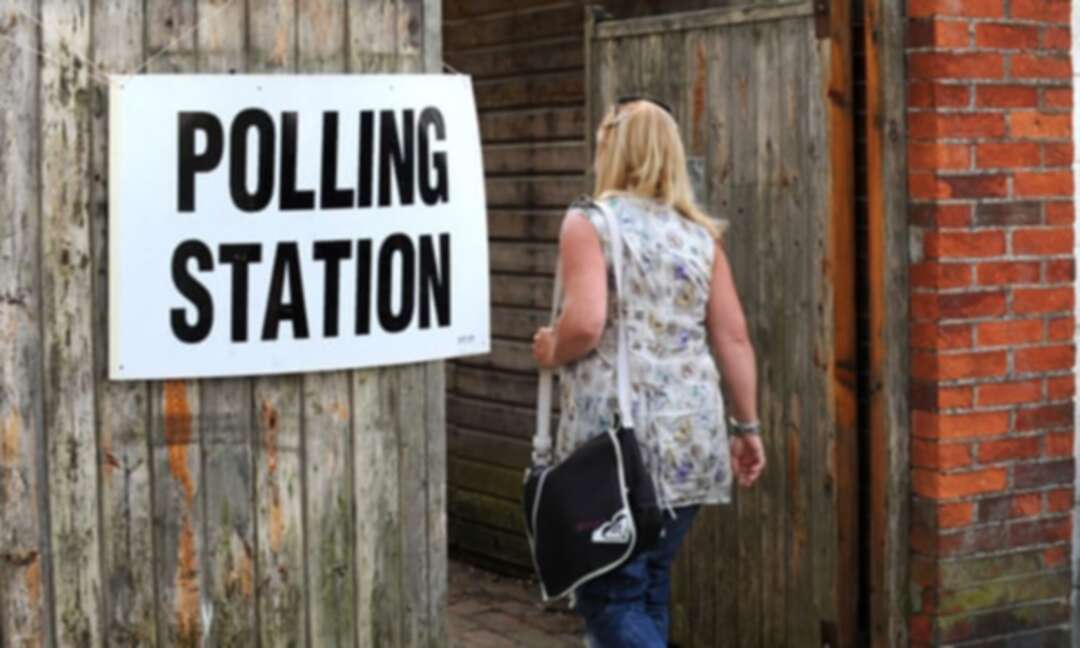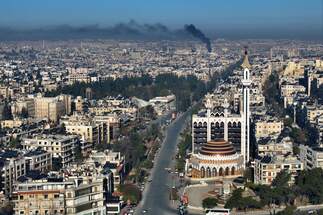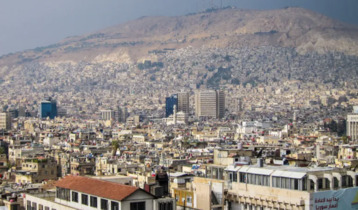-
May elections to go ahead in UK despite coronavirus concerns

Local and mayoral polls likely to be fraught with logistical problems, say officials
Elections due in May are expected to go ahead despite coronavirus, officials have said, amid warnings they are likely to be among the most logistically fraught and complicated the UK has witnessed.
Boris Johnson told MPs this week that while the plan was still for local and mayoral elections, some of which were postponed from last year, to happen on 6 May in England, this remained “under review”.
Officials stress that while the pandemic means all government plans are theoretically subject to change, the strong expectation is the polls will go ahead.
In England, as well as a double set of council elections, there will be ballots for the London mayor and assembly, for a series of other mayors, and for police and crime commissioners (PCCs).
Scotland and Wales are holding elections on the same day for their parliaments, and for PCCs in Wales. Each UK nation organises its own elections.
While Scotland’s government has left open the prospect of the Holyrood elections being staged over two to three days, to allow distancing and cleaning at polling stations, England is committed to its usual timetable.
Election officials are warning that while turnout at English local elections tends to be low, the practicalities could mount up, not least because of the sheer number of contests taking place, with some voters receiving up to seven polling cards.
With the government rejecting the idea of all-postal voting, polling staff will be protected by plastic screens. Voters will socially distance and be encouraged to bring their own pens. They will show polling cards rather than handing them over.
There are nonetheless worries about attracting enough volunteer election staff, many of whom tend to be older, and about finding venues, with schools and community halls potentially wary about hundreds of people tramping through their building.
With people able to apply for postal votes up to 11 working days before the election, there is also uncertainty of how many of these need to be produced – and thus how many people will turn out in person.
Peter Stanyon, the chief executive of the Association of Electoral Administrators, which represents election officials, said the situation was hugely complex.
He said: “I’m confident in my colleagues to do all they can to deliver a safe and secure election. If you’d asked me this a month ago, I’d have been more bullish. We are concerned, as key decisions and planning are happening now, without really knowing what the situation will be like in May.”
All the preparations will cost money. While the Cabinet Office says councils can provide for this out of Covid funding already granted, the Local Government Association says government “will need to meet any additional costs of holding these elections in these extraordinary circumstances”.
It also remains to be seen whether distancing rules might hamper campaigning, much depending on the speed of Covid vaccinations. If significant restrictions remain in place there is a worry it could favour incumbent candidates, as regular election practices such as handing out leaflets and knocking on doors would be impossible.
In Wales – where the elections will be the first to include 16- and 17-year-old voters – people are being encouraged to vote by post, and plans are in place to delay the poll if needed.
In Scotland, there have been isolated calls for the election to be postponed but Nicola Sturgeon, whose Scottish National party is at 58% in opinion polls, has said she can see “no reason at this stage” why they would not go ahead.
Neil Findlay, a Labour MSP who is quitting Holyrood at the election, said there were strong public health reasons to postpone the vote. “Can you think of any other place during this crisis where we’d be encouraging thousands of people to go into the same small spaces? That’s effectively what we’d be doing,” he said.
source: Peter Walker
Levant
You May Also Like
Popular Posts
Caricature
BENEFIT Sponsors BuildHer...
- April 23, 2025
BENEFIT, the Kingdom’s innovator and leading company in Fintech and electronic financial transactions service, has sponsored the BuildHer CityHack 2025 Hackathon, a two-day event spearheaded by the College of Engineering and Technology at the Royal University for Women (RUW).
Aimed at secondary school students, the event brought together a distinguished group of academic professionals and technology experts to mentor and inspire young participants.
More than 100 high school students from across the Kingdom of Bahrain took part in the hackathon, which featured an intensive programme of training workshops and hands-on sessions. These activities were tailored to enhance participants’ critical thinking, collaborative problem-solving, and team-building capabilities, while also encouraging the development of practical and sustainable solutions to contemporary challenges using modern technological tools.
BENEFIT’s Chief Executive Mr. Abdulwahed AlJanahi, commented: “Our support for this educational hackathon reflects our long-term strategic vision to nurture the talents of emerging national youth and empower the next generation of accomplished female leaders in technology. By fostering creativity and innovation, we aim to contribute meaningfully to Bahrain’s comprehensive development goals and align with the aspirations outlined in the Kingdom’s Vision 2030—an ambition in which BENEFIT plays a central role.”
Professor Riyadh Yousif Hamzah, President of the Royal University for Women, commented: “This initiative reflects our commitment to advancing women in STEM fields. We're cultivating a generation of creative, solution-driven female leaders who will drive national development. Our partnership with BENEFIT exemplifies the powerful synergy between academia and private sector in supporting educational innovation.”
Hanan Abdulla Hasan, Senior Manager, PR & Communication at BENEFIT, said: “We are honoured to collaborate with RUW in supporting this remarkable technology-focused event. It highlights our commitment to social responsibility, and our ongoing efforts to enhance the digital and innovation capabilities of young Bahraini women and foster their ability to harness technological tools in the service of a smarter, more sustainable future.”
For his part, Dr. Humam ElAgha, Acting Dean of the College of Engineering and Technology at the University, said: “BuildHer CityHack 2025 embodies our hands-on approach to education. By tackling real-world problems through creative thinking and sustainable solutions, we're preparing women to thrive in the knowledge economy – a cornerstone of the University's vision.”
opinion
Report
ads
Newsletter
Subscribe to our mailing list to get the new updates!






















